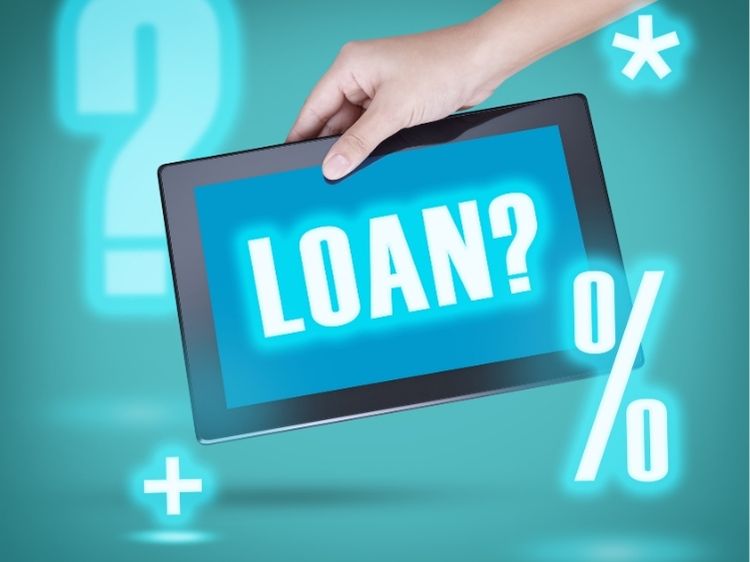What Is a DSCR Loan?
If you’re in the market for financing to grow your business or invest in real estate, you’ve likely heard the term DSCR loan. But what exactly does it mean? DSCR stands for Debt-Service Coverage Ratio, a crucial metric used by lenders to determine a borrower’s ability to repay a loan. Simply put, a DSCR loan is approved based on the borrower’s cash flow rather than traditional income verification. These loans are particularly popular among real estate investors and entrepreneurs with non-traditional income streams.
Why DSCR Loans Are a Game-Changer
DSCR loans offer unique benefits, especially for investors who want flexibility. Here’s why they’re a big deal:
- No Proof of Personal Income:
Lenders primarily focus on the property’s cash flow or the business’s revenue. No W-2s or pay stubs? No problem! - Flexible Eligibility Criteria:
Self-employed individuals or gig workers with fluctuating incomes can still qualify. - Streamlined Process:
Fewer documents mean faster approvals and quicker closings. - Focus on Investment Potential:
The property or business’s ability to generate income matters more than your credit score or personal financial history.
How Does DSCR Work?
To understand a DSCR loan, you first need to grasp how DSCR is calculated. It’s a straightforward formula:
DSCR=Net Operating Income (NOI)Total Debt Service\text{DSCR} = \frac{\text{Net Operating Income (NOI)}}{\text{Total Debt Service}}DSCR=Total Debt ServiceNet Operating Income (NOI)
- Net Operating Income (NOI):
The income generated by a property or business after operating expenses. - Total Debt Service:
The total annual loan payments, including principal and interest.
Example:
Let’s say a rental property generates $150,000 in NOI annually, and the loan payments amount to $100,000. The DSCR would be:
DSCR=150,000100,000=1.5DSCR = \frac{150,000}{100,000} = 1.5DSCR=100,000150,000=1.5
A DSCR of 1.5 means the income exceeds debt obligations by 50%, making it a strong candidate for loan approval.
Who Can Benefit from a DSCR Loan?
DSCR loans are ideal for:
- Real Estate Investors:
- Those buying rental properties, multifamily units, or commercial spaces.
- Small Business Owners:
- Entrepreneurs who prefer cash flow-based financing.
- Self-Employed Individuals:
- People without steady income or traditional paychecks.
- Gig Economy Workers:
- Freelancers and contractors with fluctuating incomes.
Advantages of DSCR Loans
Why should you consider a DSCR loan over traditional financing? Let’s break it down:
1. Minimal Paperwork
Forget stacks of financial documents. DSCR loans focus on your investment’s revenue potential.
2. Faster Approvals
Since lenders evaluate cash flow, the process is quicker compared to traditional loans.
3. Versatility
Use it for various purposes, from real estate to business expansions.
4. Investment-Centric
The property’s income-generating capability is the key factor—not your personal financial situation.
Potential Challenges with DSCR Loans
While DSCR loans are fantastic, they aren’t without drawbacks.
- Higher Interest Rates:
DSCR loans often carry slightly higher rates than conventional loans. - Larger Down Payments:
Lenders may require 20–30% upfront, especially for real estate investments. - Strict DSCR Requirements:
A ratio below 1.0 could lead to rejection or additional scrutiny.
How to Qualify for a DSCR Loan
Meeting the eligibility criteria for a DSCR loan is relatively straightforward. Here’s what you’ll need:
- Cash Flow Evidence:
- Show the property or business generates sufficient income.
- Adequate DSCR:
- A DSCR of 1.25 or higher is usually preferred.
- Down Payment:
- Prepare to pay at least 20% upfront.
- Property Appraisal:
- Lenders need to confirm the value and income potential of the property.
- Good Credit Score:
- While not as critical, a decent score helps with better terms.
DSCR Loan vs. Traditional Loan
| Feature | DSCR Loan | Traditional Loan |
| Approval Basis | Cash flow from property/business | Personal income and credit history |
| Documents Required | Minimal | Extensive |
| Eligibility | Self-employed, investors, gig workers | Salaried individuals |
| Interest Rates | Slightly higher | Lower |
FAQs About DSCR Loans
1. What is considered a good DSCR?
A DSCR of 1.25 or higher is typically considered strong. This means the income exceeds debt payments by 25%.
2. Can I get a DSCR loan with bad credit?
Yes, but expect higher interest rates. Lenders focus more on the property or business cash flow than your credit score.
3. Are DSCR loans only for real estate?
Not at all! They’re also available for small businesses and other cash flow-based ventures.
4. How is DSCR different from LTV?
While DSCR evaluates income relative to debt payments, Loan-to-Value (LTV) focuses on the loan amount versus the property value.
5. What happens if my DSCR is below 1.0?
A DSCR below 1.0 indicates insufficient income to cover debts. You may need a larger down payment or a co-signer.
Final Thoughts: Is a DSCR Loan Right for You?
A DSCR loan can be a game-changer if you’re an investor or business owner looking for flexible financing. By focusing on cash flow rather than personal income, it opens doors for borrowers who might struggle with traditional loan requirements. However, be prepared for higher interest rates and stricter cash flow criteria.
If your property or business generates steady income, a DSCR loan might be the perfect tool to fuel your next big move.







